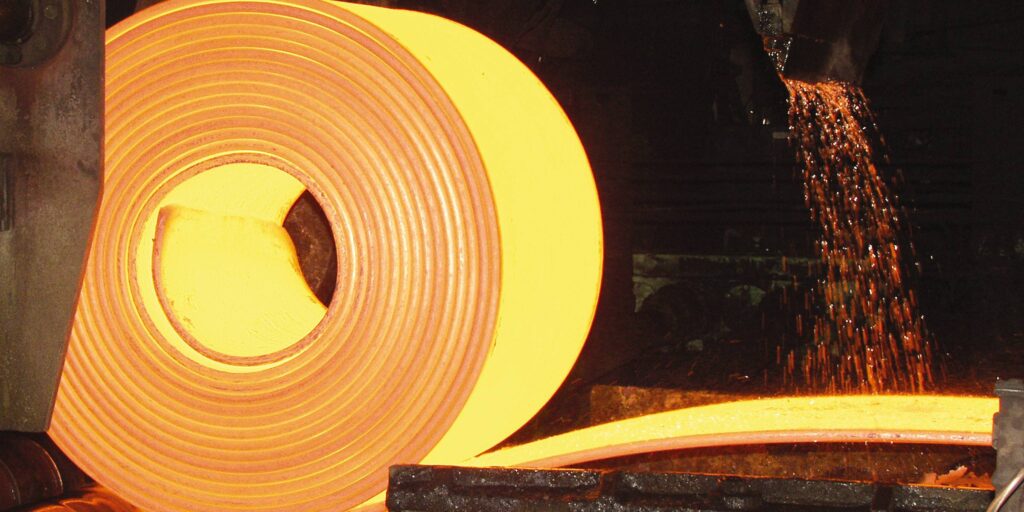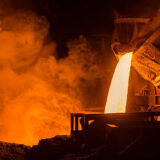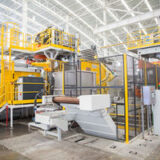
As mentioned in the previous article, Japanese steel companies are closing some of their mills.
As a result, low volume steel grades are either increasing price, producing only when available (i.e. unpredictable / unstable supply), or completely discontinuing.
This article introduces the bottleneck process of Japanese Special Steel.
Special steel has various steel grades thus their volume tend to be lower and easily affected by mills closures.
At the end of the section, you can find brief descriptions of 3 key words of this article, special steel, blast furnace, and electric furnace.
Going straight to the point, special steels in hot coil form are in shortage.
Blast furnace manufactures are integrating their production(i.e. closing some mills and produce their products at fewer mills). Blast furnace manufactures prioritize their profitable products with large volume such as electrical steel. As a result, blast furnace manufactures produce low-volume special steel only when there is extra capacity.
Perhaps, blast furnace manufactures might completely stop some of special steel grades (a special steel grade exists on the catalogue, but it is actually not produced).
Meanwhile, some electrical furnace manufactures produce special steel greades which are equivalent to blast furnace manufactures’.
However, only 2 special steel manufactures (Hitachi metals and Daido steel) own rolling machines in Japan. Hitachi metals is under acquisition process by an investment fund and its product line-up would be drastically reviewed.
Daido steel would be full capacity due its ESG-related product line-up. As a result, special steel in coil form is facing the risk of scarecity.
In fact, many end uesers of special steel coil are afraid of loosing stable supply of special steel coil, especially from Hitachi metals. End users of special steel coild are rushing to the other special steel manufactures to replace current supply chain.
At this moment, those special steel manufactures have not announced to invest 200 mil USD to install the rolling machine.
In the coming future, some special steel manufactures might purchase used/amortized rolling machines from closing blast furnace mills. The uncertainty of special steel coil may conitune for a while.
Enserve handles these “rare steels” that our customers are in trouble and look for alternatives. We look for partners to find solutions together.
Blast furnace
- Blast furnace is a steel manufacturing equipment which make the steel from the scratch (mixing iron ore and coke, limestone and coal)
- Blast furnaces produce 75% of total crude steel in Japan
- There are only 3 blast furnace companies in Japan – Nippon Steel, JFE, Kobe steel
- Blast furnace produces large amount per lot, minimum charge often requires 200 tons
- Blast furnace burns coal at large scale so it produces large amount of CO2 and faces
Electrical furnace
- Electrical furnace is a steel manufacturing equipment which make steel from the recycle steel (scrap)
- Electrical furnaces produce 25% of total crude steel in Japan
- There are around 50 electrical furnace companies in Japan
- Only 2 (Hitachi Metals and Daido Steel) of the 50 electrical furnace companies can produce special steel in coil form
- Other electrical furnace companies which produce special steel do not own rollers to make coils
- Many end users of special steel coils came and requested special steel companies to install a roller but gave up due to investment-return concerns
Special Steel
- Special steel is made by adding various elements to iron
- Special steel is to achieve various properties, such as heat resistance, hardness, and corrosion resistance
- Special steel is used for parts or manufacturing and maintenance components in various applications, from automobiles and other transportation equipment essential in modern society to daily home appliances and smartphone and other precision equipment


